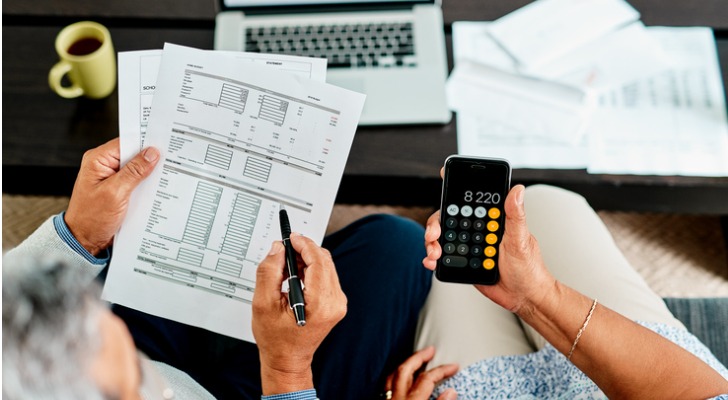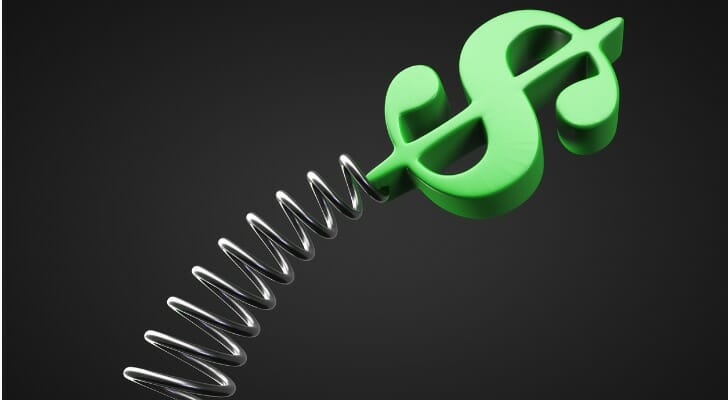![]() A no closing mortgage, sometimes called a zero closing cost mortgage, is one in which your lender provides the money to pay for the closing costs on your house. In exchange, you typically pay a higher interest rate or the size of the mortgage is increased to cover the closing costs. It can help home buyers get a house, given that closing costs are typically quite high, but will generally cost you far more in the long run. Once you understand the basics of these kinds of mortgages you’ll be in a strong position to tell if this might be an option for you.
A no closing mortgage, sometimes called a zero closing cost mortgage, is one in which your lender provides the money to pay for the closing costs on your house. In exchange, you typically pay a higher interest rate or the size of the mortgage is increased to cover the closing costs. It can help home buyers get a house, given that closing costs are typically quite high, but will generally cost you far more in the long run. Once you understand the basics of these kinds of mortgages you’ll be in a strong position to tell if this might be an option for you.
Consider working with a financial advisor as you plan to either sell or buy a residential property.
What Are Closing Costs?
Buying a house generally requires quite a lot of money up front. Most of this money pays for the down payment and the closing costs.
The down payment is a set percentage of the total cost of the home. For example, if you make a 10% down payment on a $400,000 home, you will need $40,000 up front when buying the house. How much a lender asks for this payment will depend on a variety of factors. A buyer with weaker credit or less income usually needs a larger down payment, while some government programs can reduce this to as low as 3%.
As a general rule, the more you offer as a down payment the better the terms of your mortgage. On the other hand, if you offer less than 20% most lenders will require you to also pay for mortgage insurance. Although, given the explosion in housing prices over the past 10 years, there are fewer buyers who can afford to offer a 20% down payment anymore.
Closing costs pay for everything else involved in buying a house. This includes the fees for lawyers, title searches, home inspections, appraisals, taxes, underwriting, originating and more. Some of these costs are evident from the closing process. For example, you will interact with the lawyer that you pay for. Other costs are buried in the process. For example, you will not see the title search in action, even though it is absolutely essential.
A home buyer should expect to spend around $10,000 on closing costs depending on where they live. That price will fluctuate based on the cost of the house, and often comes in at around 2% to 6% of the home’s value. The buyer pays this money in one lump sum when closing on the residence.
What Is a No Closing Mortgage?

For many buyers, closing costs can be daunting. Scraping together the money for a down payment is difficult enough without having to find another $10,000 to pay lawyers and bankers. As a result, many lenders offer what is known as a no closing cost mortgage. Contrary to its name, this is not a mortgage in which the closing costs disappear. Instead, the mortgage lender pays for all of the closing costs associated with buying the house. Someone has to pay for the title search after all.
In repayment, as the buyer you agree to one of two possible conditions: Either the lender adds the closing costs to your total mortgage or they increase your interest rate. In some cases they may do both.
For example, say that you buy a $300,000 house with $10,000 in closing costs and a 3% interest rate. You will typically need at least $30,000 for the down payment. To help make this process easier, your lender might offer a no closing cost mortgage. In that case your lender would pay all $10,000 of the closing costs.
In exchange, the lender might increase your mortgage to $310,000 (adding the closing costs to your principal), or the lender might increase your interest rate to 3.1%.
Readers should note that an increased interest rate is often a worse deal than increased principal. While interest rate fluctuations may seem small, in the context of a mortgage that lasts decades even a minor increase to this number can add tens of thousands of dollars over the lifetime of your loan.
Should You Take a No Closing Mortgage?
A no closing cost mortgage will always lose you money if you intend to pay off the entire mortgage. If you add the closing to your principal, you will pay interest on that money for the lifetime of the loan. If you increase your interest rate you will pay more for the entire mortgage, again for the lifetime of the loan.
This often makes a no closing cost mortgage a bad idea for people who intend to pay off their mortgage or otherwise live in the house indefinitely.
However, this can be a good option for some buyers. If you don’t intend to stay in the house very long, it’s possible that you won’t be paying off the mortgage long enough for the additional costs to matter. This can also be a good option when interest rates are likely to rise in the near future. If waiting to save up additional cash for closing costs would mean taking a higher interest rate, a no closing cost mortgage might ultimately give you a better loan.
The Bottom Line

A no closing cost mortgage is one in which the lender pays for the closing costs associated with buying a house. In exchange the lender either adds those costs to the principal of the loan or increases the interest rate of the loan or both. Generally, these kinds of mortgages are particularly expensive for buyers who intend to occupy a residence for a lengthy period of time.
Tips on Mortgages
- A house is the largest purchase that most people will make, but is it always a smart one? Especially in this era of rising prices? This can be a hard question to answer. That’s where a financial advisor can be valuable. Finding a qualified financial advisor doesn’t have to be hard. SmartAsset’s free tool matches you with up to three financial advisors who serve your area, and you can interview your advisor matches at no cost to decide which one is right for you. If you’re ready to find an advisor who can help you achieve your financial goals, get started now.
- Use our free mortgage calculator to get an accurate picture of what you actually will be paying over the life of your loan.
- Mortgage rates are more volatile than they have been in a long time. Check out SmartAsset’s mortgage rates table to get a better idea of what the market looks like right now.
- Also, check out our closing costs calculator to get the most complete picture of what it costs to buy a residence.
Photo credit: ©iStock.com/GOCMEN, ©iStock.com/katleho Seisa, ©iStock.com/happyphoton